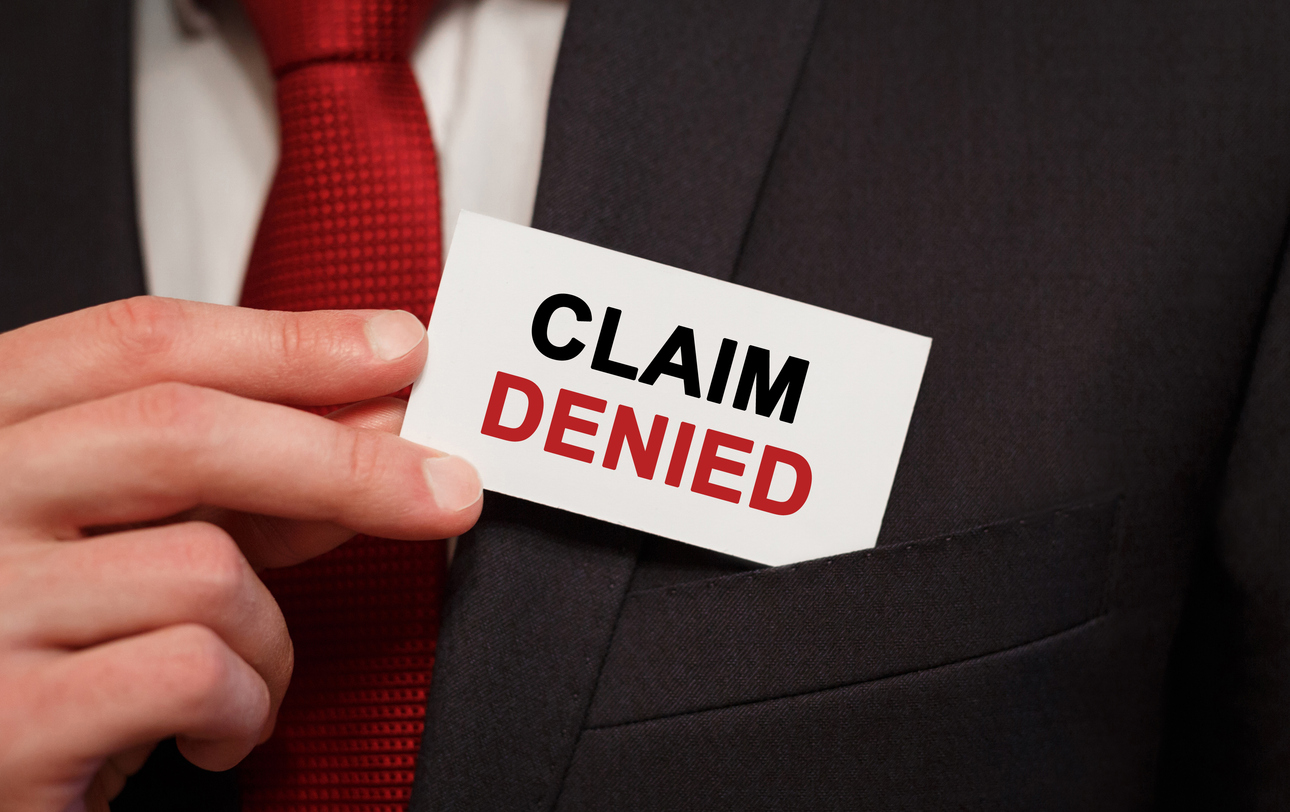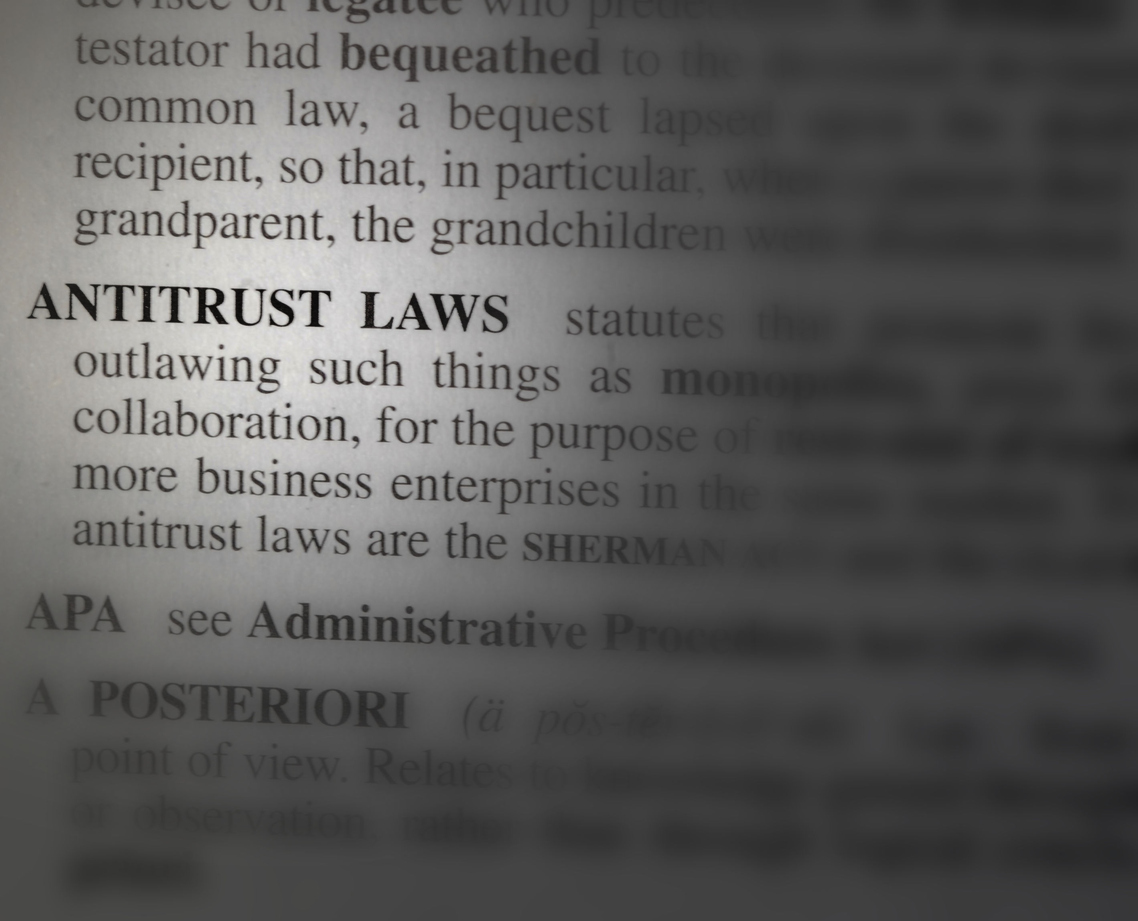The hardest part of insurance policy interpretation is telling a client that there is no coverage for their loss. I know I’ve written about this subject many times, but the topic merits revisiting in light of a recent Ohio Court of Appeals decision.
Whether property insurance for homeowners, or coverage for commercial businesses, part of the duty of purchasing the proper policy falls on the policyholder. So many times I’ve spoken to clients who have indicated they trusted their broker or agent to purchase a proper policy that suited their needs. Often times they are seeking legal advice because after the loss occurs, they discover there is not coverage under the policy. If an insured doesn’t read the policy after it is issued, there may not be adequate grounds to bring a claim against an insurance broker. Simply saying that you thought your broker purchased you the right policy isn’t enough.
In the recent Ohio appellate court decision of Priore v. State Farm Fire & Casualty Company,1 an apartment complex owner worked with an insurance broker to purchase liability and property insurance. The plaintiff specifically wanted personal coverage under the policy in the event he was sued by third parties. The broker let the plaintiff know that the coverage asked for was included in the policy.
Subsequently, the apartment complex was damaged due to snow and ice and the plaintiff was not covered under the policy when he was sued for property coverage versus liability coverage. The plaintiff brought suit against his broker, and the appellate court found the broker had properly procured coverage because the plaintiff had only asked the broker about coverage for liability coverage for third party lawsuits and did not read the policy once it was issued to confirm that it had the coverage he thought requested. Additionally, the court found that no fiduciary relationship was created mandating the broker to advise the plaintiff of the types of coverage actually needed at the time of purchase.
Trusting your broker to purchase your insurance policy is wise, knowing what type of insurance is needed, spelling it out and then reading your policy to make sure the right type of insurance is the only way to afford you protection if there is a problem with your policy. First, make sure you have the right kind of policy to cover all the property for your home or business. Is your building covered? What about coverage for your personal property or business stock on hand? Will you have a place to live or house your business in the event your building is unusable? There are so many questions to ask when visiting a broker, and these questions should be laid out in writing to protect your needs. After the policy is generated, read the policy to make sure your needs were addressed, and go over your policy with your broker. Ask for explanations.
People today have information at their fingertips with the advent of email and the Internet. The courts are laying down "the law" and stating that insureds are responsible for what they purchase, and not reading their policy to see if they have the proper coverage doesn’t allow for protection if the proper coverage isn’t purchased.
1 Priore v. State Farm Fire & Casualty Company, 2014 Ohio 696 (8th Dist. Feb 27, 2014).



